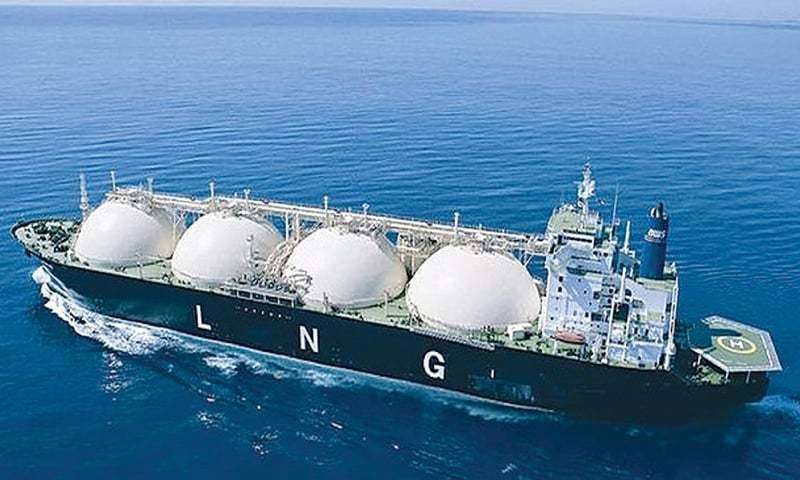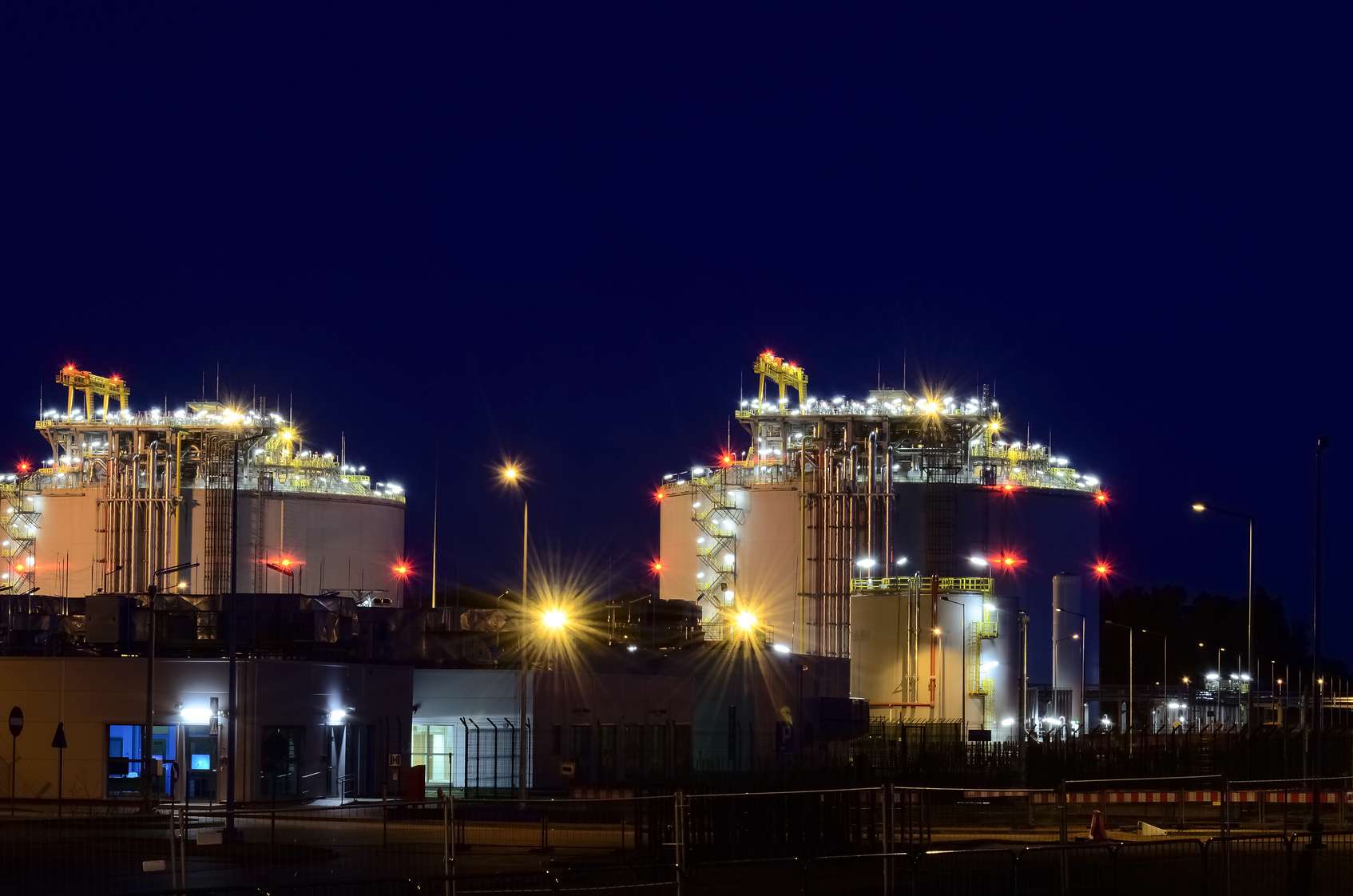Future investments in Pakistan’s LNG sector is in limbo due to the tax authorities refusing to provide the promised tax exemptions for the Engro ETPL; Elengy Terminal Pakistan Ltd. This is despite the policy having been approved by the highest level of economic decision makers in the country.
The FBR, Federal Board of Revenue, stated that the Engro LNG terminal wasn’t entitled to its 5 year exemption from income tax after all or its relief on import duties. The adamant attitude of the FBR has brought the issue back to the ECC’s table even though they actually approved the policy 4 years ago. The EEC are meeting today in order to discuss this latest position as both Natural Resources and the Ministry of Petroleum are backing Engro’s demands. If the government should officially do a U turn on the commitments it make to all new LNG investors under the LNG Policy of 2011, Pakistan’s first floating, re-gasification LNG terminal could actually become unviable financially. It could also threaten any future investments in the the construction of LNG terminals as the government was planning to create several more terminals in order to to facilitate the import of LNG. It was the government of the Pakistan Peoples Party who first introduced this LNG policy to offer incentives to investors to try and ease the current energy crisis. These incentives were were part of the ECC approved policy back in April 2012 and amongst those it was promised to were LNG developers, buyers and terminal operators. When it was time to implement this policy, however, the FBR raised objections which brought certain exemptions into play which had been promised early within the 2011 policy.

The FSRU, Floating Storage and Re-gasification Unit, run by Engro doesn’t fall into the classification of power plant, which thus doesn’t entitle it to enjoy exemptions on import duties. However, officials from the petroleum ministry have stated that the FSRU will be classified as income/export machinery and there fore be eligible for the exemptions the ECC approved in order to attract investments into the LNG sector. The FSRU will remain in permanent dock at Port Qasim for the 15 years which is the lifespan of this project. Even though the FBR was willing to offer an exemption from income tax it wouldn’t waive the 1% minimum turnover tax despite its initial promise of a blanket income tax exemption in its LNG policy. This FBR stance clearly highlights the multiple hurdles of red tape that must be overcome when conducting official business and which have the knock on effect of discouraging new investors. Pakistan, unfortunately, has one of the lowest ratios in terms of investment to GDP, and even a PML-N government which is pro business couldn’t do a lot in terms of improving the rankings. Engro has chartered their FSRU for a period of 15 years from the US based company Excelerate Energy which has the re-gasification category of 400 mmcfd. When Engro made their initial bid, they offered the lowest toll fee of 66c per mmbtu for the re-gasification of the imported LNG based on the tax incentives the government was offering. The company is now saying that the feasibility of the project and the tariff they offered in very much dependent on the tax incentives listed in the LNG policy which were approved by the ECC. Tax experts are arguing that the FBR stance doesn’t stand up legally due to the minimum turnover tax being levied under the 2001 Income Tax Ordinance. Due to a faulty argument of similar ilk, it’s already lost another case in the Peshawar High Court for the tax exemptions it granted in the country’s war torn areas.

